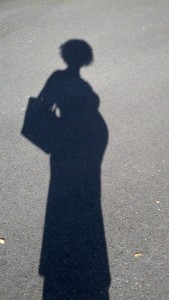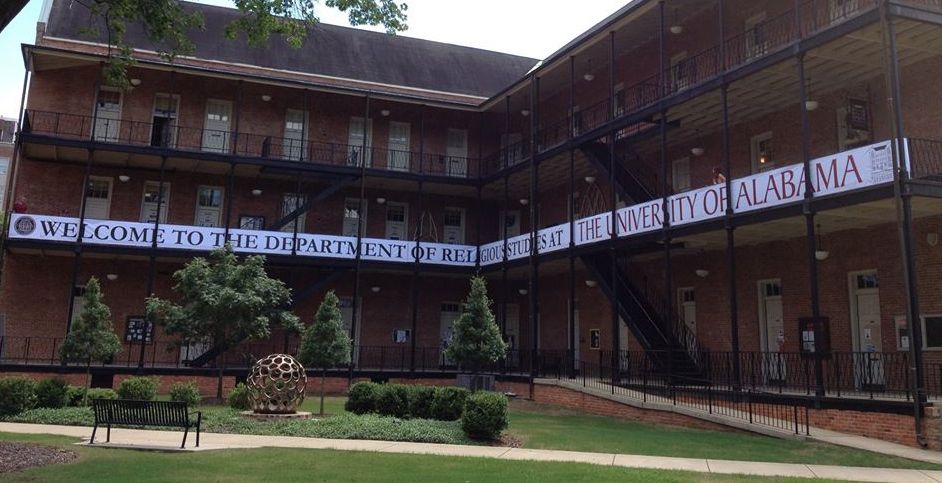
“Who Are You?” is an ongoing series that asks members of Culture on the Edge to reflect on one of their own many identities (whether national, gendered, racial, familial, etc.), theorizing at the same time the self-identification that they each chose to discuss.
The inevitable moment when people I meet for the first time ask what I do tends to be a bit of an awkward one. It goes something a little like this:
“So, what do you do, Merinda?”
“I’m a religious studies professor at the University of Alabama.”
“What sort of stuff do you work on?”
“I’m interested in how and why people make authenticity claims… I focus mostly on these claims in relation to gender, race, and the South.”
“…wait, but didn’t you say you’re in a religion department?”
“Yeah.”
“So that’s the kind of stuff you can study in a Ph.D. program in religion?”
“Well, sure! My Ph.D. is in English though.”
It’s at this point that most people change the subject. But for those who act interested in how it happens that someone with an English degree is doing her teaching and research in a religious studies context, I try to explain the following.… Continue reading “Who Are You? I’m a Religious Studies Scholar”

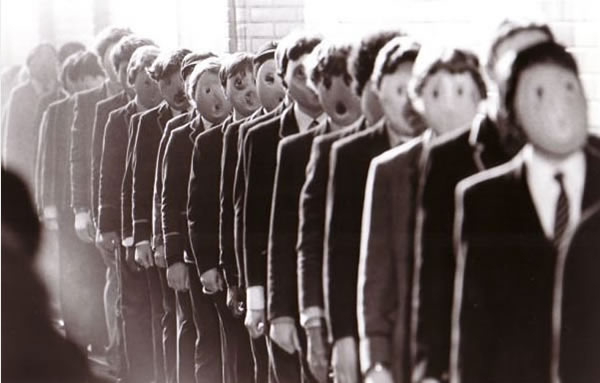
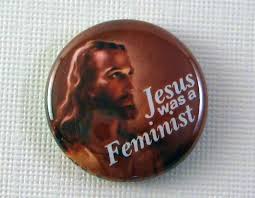 Photo credit: stoptalk.wordpress.com
Photo credit: stoptalk.wordpress.com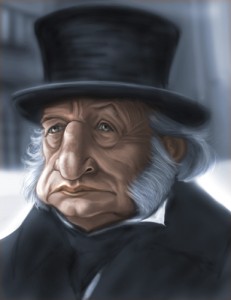
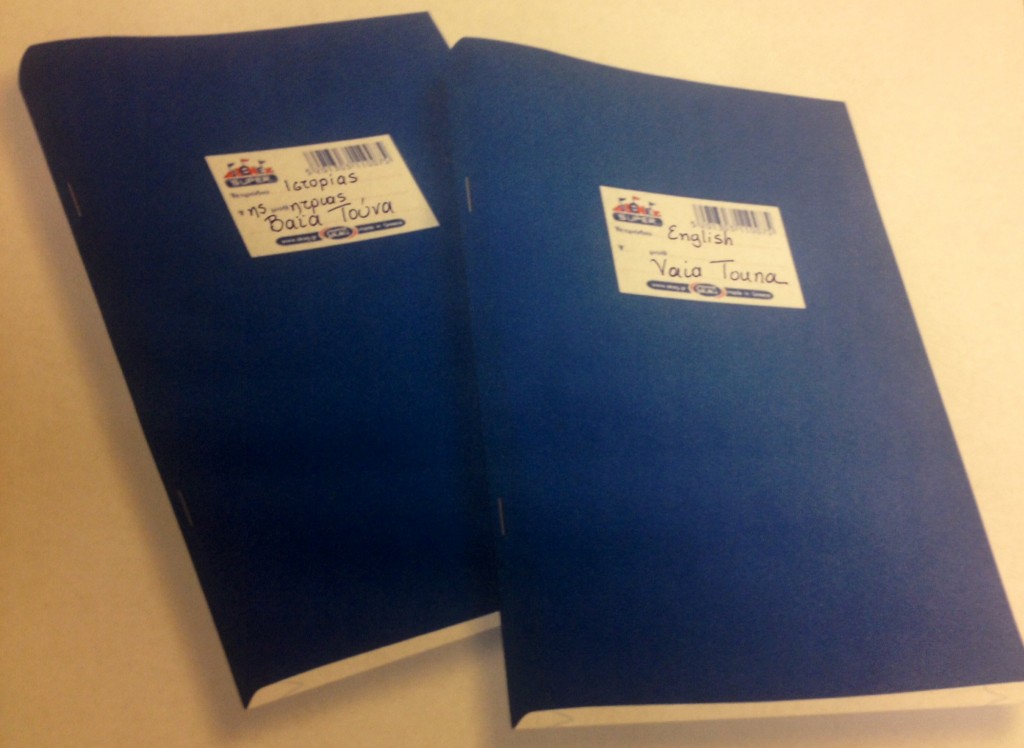
 “
“ “Coz I really wanna know…”
“Coz I really wanna know…”
 “
“